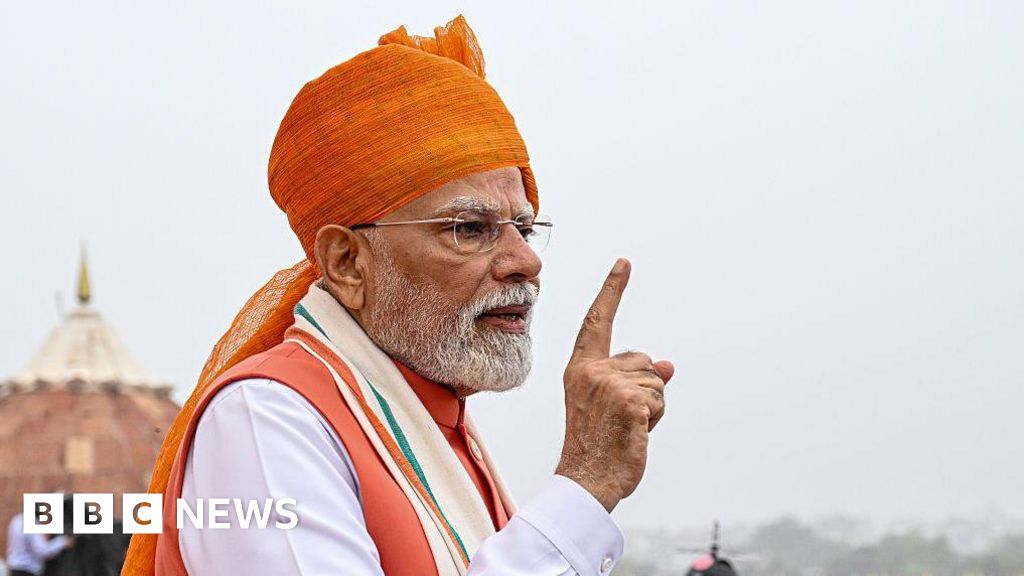Earlier this month, Indian Prime Minister Narendra Modi made a promise. He indicated that a Diwali gift in the form of a 'massive tax bonanza' was on its way for the common man and small businesses that power Asia's third-largest economy. During the Independence Day celebrations at Delhi's Red Fort, Modi urged small shop owners and businesses to put up 'Swadeshi' or 'Made in India' boards outside their stores. He stressed, 'We should become self-reliant - not out of desperation, but out of pride.'
Reports suggest his messages aim to offset U.S. President Donald Trump’s forthcoming 50% tariff rate on Indian imports, effective August 27, which could disrupt numerous livelihoods in export-driven industries. Amid these challenges, Modi promotes a message of consumption and production within India, aiming to buoy local economies.
Despite efforts, the manufacturing sector's contribution to India's GDP has remained stagnant at around 15%. Modi's government aims to alleviate this with tax reforms expected to increase disposable income for citizens, promoting economic activity. The impending overhaul of the goods and services tax (GST) is expected to simplify compliance and invigorate spending. Experts see potential GST reforms, alongside a $12 billion income tax giveaway, as measures to stimulate demand, critical as global geopolitical tensions and tariffs threaten external trade prospects.
The anticipated tax relief is vital in reinforcing private consumption, which constitutes nearly 60% of India’s GDP. Analysts remain optimistic that these fiscal stimuli will propel consumption recovery despite the ongoing crisis and declining growth rates.
As Modi pushes for reforms, stakeholders are closely monitoring how these changes will influence both the domestic economy and India's pivotal role in global trade.
Reports suggest his messages aim to offset U.S. President Donald Trump’s forthcoming 50% tariff rate on Indian imports, effective August 27, which could disrupt numerous livelihoods in export-driven industries. Amid these challenges, Modi promotes a message of consumption and production within India, aiming to buoy local economies.
Despite efforts, the manufacturing sector's contribution to India's GDP has remained stagnant at around 15%. Modi's government aims to alleviate this with tax reforms expected to increase disposable income for citizens, promoting economic activity. The impending overhaul of the goods and services tax (GST) is expected to simplify compliance and invigorate spending. Experts see potential GST reforms, alongside a $12 billion income tax giveaway, as measures to stimulate demand, critical as global geopolitical tensions and tariffs threaten external trade prospects.
The anticipated tax relief is vital in reinforcing private consumption, which constitutes nearly 60% of India’s GDP. Analysts remain optimistic that these fiscal stimuli will propel consumption recovery despite the ongoing crisis and declining growth rates.
As Modi pushes for reforms, stakeholders are closely monitoring how these changes will influence both the domestic economy and India's pivotal role in global trade.





















